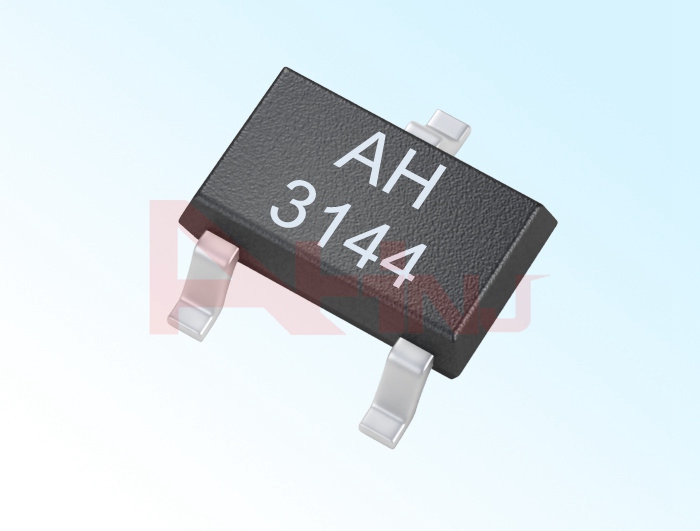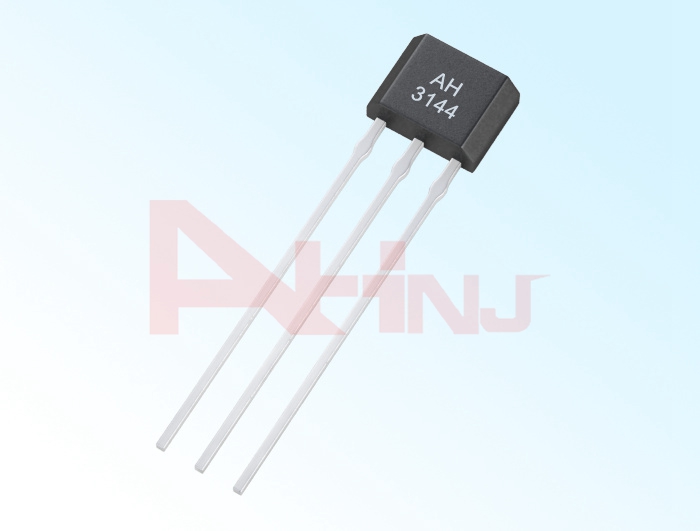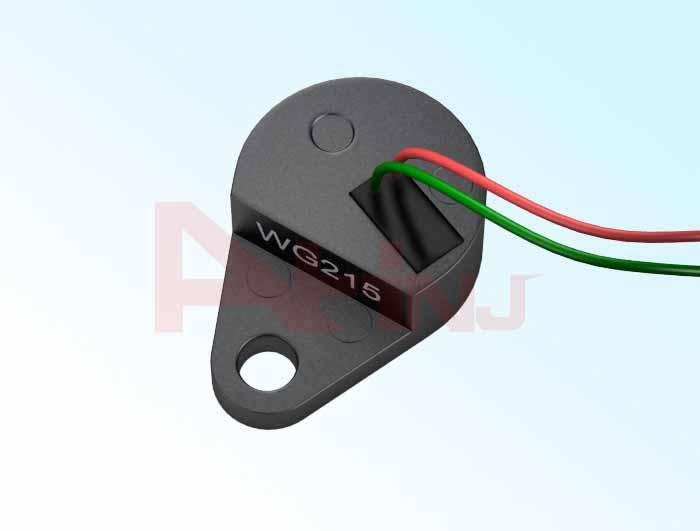Everyone knows that a3144 and a3134 are the types of hall sensors, so what is hall sensor, this article will lead you to understand: the origin and history of hall sensors, hall sensor working principle, a3144 sensor characteristics, a3134 sensor characteristics, the difference between the two sensors.

Hall sensor is a kind of magnetic field sensor based on hall effect. The hall effect is a kind of magnetoelectric effect, which was discovered by hall in 1879 when he was studying the conductive mechanism of metal. Later, it was found that the semiconductor, conductive fluid and so on also have this effect, and the semiconductor hall effect is much stronger than the metal hall effect, using this phenomenon to make a variety of work components, widely used in industrial automation technology, detection technology and information processing.

There is A hall semiconductor chip in the magnetic field, through which A constant current I passes from A to B. Under the action of lorentz force, the electron flow of I is shifted to one side as it passes through hall semiconductor, causing the film to generate a potential difference in the direction of CD. This is called hall voltage.
Hall voltage varies with the strength of the magnetic field. The stronger the magnetic field, the higher the voltage, the weaker the magnetic field, the lower the voltage. The value of hall voltage is very small, usually only a few millivolts. In order for the hall IC to function as a sensor, the magnetic induction intensity needs to be changed mechanically. The method shown in the figure below is to use a rotating impeller as a switch to control the magnetic flux. When the impeller blade is in the air gap between the magnet and the hall IC, the magnetic field deviates from the chip and the hall voltage disappears. In this way, the change of the output voltage of hall IC can indicate a certain position of the impeller drive shaft. By using this working principle, hall IC chip can be used to ignite the timing sensor. The hall effect sensor is a passive type sensor, which can only work with an external power supply.

Rated working voltage 4.5v ~ 24v, limit voltage down to 3.5v;
Operating temperature: -40℃ ~ 150℃;
Rated output current (irrigation) : 25 mA, maximum output current (irrigation) : 50 mA;
The switch response time is about 1 s, and the operating frequency is DC ~ 100 kHz.
The temperature drift between the operating point and the release point is small;
There are a variety of packaging and outer packaging options;
No mechanical contact, no spark, stable switch signal, no shaking moment, high reliability, high safety;
The products comply with eu RoHS directive 2011/65 / eu and REACH regulation 1907/2006 / eu.
To learn more about the a3144 sensor features, see the unipolar hall sensor AH3144
Excellent temperature stability
Operate unregulated supply
Open collector 25 mA output
Reverse battery protection
Activation of a small, launched permanent magnetic material
Solid state reliability
small
Resistance to physical stress
This low hysteresis bipolar hall effect switch is a very temperature-stable and stress-resistant sensor especially suitable for operating in the extended temperature range of + 150°C. The optimal high temperature performance is achieved by a new Schmitt that makes it possible to compensate for temperature changes in the hall element by maintaining the stability of the triggering circuit at the operating and release points.
By comparing the characteristics of the two sensors, it is not difficult to see that they are still different in terms of working voltage or other aspects. If you want to choose the sensor you need, please contact us.
Copyright:@2020-2021
Comments Please sign in or sign up to post.
0
0 of 500 characters used